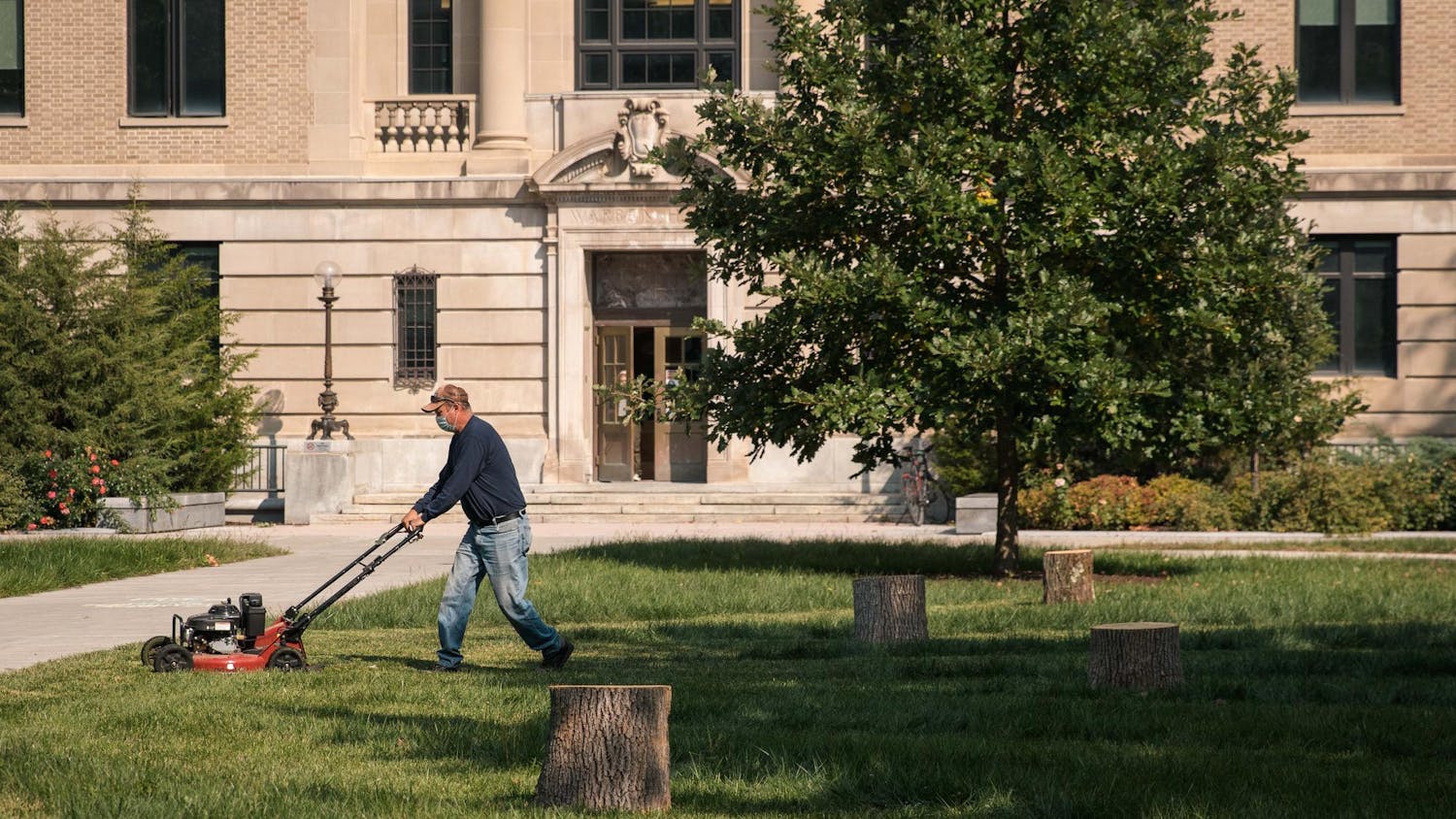The Skorton Center for Health Initiatives aims to support and promote student and campus health across several different focus areas — including alcohol and other drugs, mental health, anti-racism and prevention of bias, hazing, sexual violence and suicide. In a recent interview with The Sun, director Julie Edwards discussed the Center’s recent and upcoming initiatives, specifically regarding mental health and sexual violence prevention.
Mental Health
The University released its Mental Health Review, an evaluation of student mental health and well-being, in April 2020.
The document states that the proportion of undergraduate students who reported, in the past year, inability to function academically — such as missing classes or difficult completing homework — for at least a week due to depression, stress or anxiety increased from 33 percent in 2015 to 42 percent in 2019.
Students across the country experienced the same emotions at comparable rates in 2019. The American College Health Association National College Health Assessment reported that 34.2 percent of students across the country faced academic difficulties due to stress, and 45.1 percent of students experienced at least one time when they felt too depressed to function. Similarly, 27.8 percent and 20.2 percent of students experienced academic challenges as a result of anxiety and depression, respectively.
Edwards recognized the distress that academics cause many Cornell students, emphasizing that the majority of the Mental Health Review’s 131 recommendations focus on academics and fostering campus community. Edwards noted this approach to mental health differs from the common strategy of simply increasing clinical resources.
“Many times folks just identify the clinical services, and that we need to hire more clinicians to solve the [mental health] issue,” Edwards said. “What I found most attractive about the Mental Health Review is that we're also looking at the systems and structures that hinder student success.”
Edwards added that though the University typically releases various surveys to students on two- to three-year cycles, administrators are working to develop other methods of collecting feedback from students on a yearly basis — such as through town halls, focus groups or listening sessions.
Though the Mental Health Review was released more than three years ago, the University produces progress updates regarding mental health each semester. Edwards said updates from the Spring 2023 semester will likely be shared by the end of June.
In addition to implementing recommendations from the Mental Health Review, Cornell signed the Okanagan Charter — a formal pledge to promote health and well-being across the University — in October 2022 as part of its initiative to become a health-promoting campus. Edwards said the signing of the charter demonstrates the University’s commitment to holistic approaches to well-being.
Following the charter’s adoption, Edwards said administrators conducted visioning sessions with students, faculty and staff — in which nearly 400 people participated — to better understand the needs of the Cornell community.
“We have a draft well-being vision and a draft well-being mission statement for Cornell,” Edwards said. “We hope to finalize that in June — it might be July, but for sure before the next academic year — and that will serve as the vision for our future, of what we want Cornell to look like [and] what we aspire to be as an institution [that holistically supports] mental health and well-being.”
Sexual Violence Prevention
To prevent and mitigate harm from sexual violence, the Skorton Center implements the sexual violence framework, consisting of seven main approaches — leadership and institutional commitment, incident response and accountability, coordinated victim support and services, help-seeking and reporting, environmental strategies, educational initiatives and culture change strategies.
“We recognize that we have to look at things from an upstream approach [and be] proactive,” Edwards said. “What are we putting into place for the systems and structures? But then how are we helping someone who might have encountered harm? And then how are we [connecting them] to resources if they're in a crisis situation?”
The Skorton Center also hosts the Coalition on Sexual Violence Prevention, a group of students, faculty and staff who discuss strategies to reduce sexual violence on campus and increase support for members of the Cornell community impacted by the issue.
Additionally, Edwards pointed to the Cornell Social Consultants, a program that, in the fall, will train students to examine Cornell’s environment and determine strategies to implement to increase safety.
“These social consultants will work within all communities across campus — whether it's in housing, or with athletics, or with Greek life — thinking holistically about the way in which our environment is set up, so that we can make sure that we're doing our best to keep the campus safe,” Edwards said.
Edwards cited the location of coat racks in fraternity and house parties as an example of an effective strategy for sexual violence prevention. In the past, coat racks were placed upstairs but now must be located on the house’s main level — a solution that Edwards said makes it easier for female-identifying students to leave parties when they desire.
Ultimately, Edwards said students across the Cornell community have shown commitment to fostering a safer and more welcoming campus environment.
“I have been really impressed by the students and their willingness to provide strategies,” Edwards said. “These students that we've been working with — across the board, across campus, but also within Greek life — they really want to see the culture change.”
Sofia Rubinson ’24 contributed reporting.











